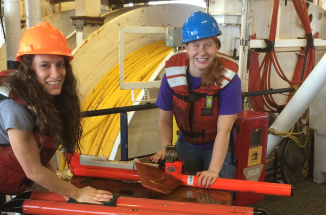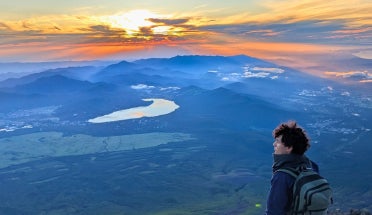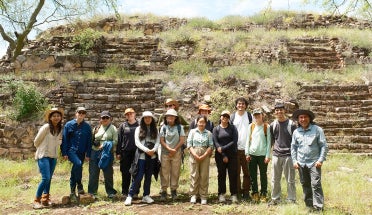
Jackson School Scientists Work on Earthquake Hotspots in New Zealand and Japan
- Aug 26, 2021
An international team of scientists led by The University of Texas at Austin has embarked on a new initiative to create computer models that forecast the likelihood of an earthquake and its probable impact, similar to models used to predict the weather but on a longer time scale.
UT scientists will team up with researchers at universities and labs around the world to focus on three earthquake hotspots: the U.S. Pacific Northwest, New Zealand and Japan. The team also will train students, hold workshops, and recruit new computational geoscientists by drawing on overlooked talent pools and reaching out to underserved communities.
Institutions collaborating on the five-year project include UT Austin, the University of California at San Diego, Indiana University, the Massachusetts Institute of Technology, ETH Zürich, Utrecht University, the Japan Agency for Marine-Earth Science and Technology, the Earthquake Research Institute at the University of Tokyo, the National Research Institute for Earth Science and Disaster Resilience, and New Zealand’s GNS Science.
Read the full article from the Jackson School of Geosciences.



